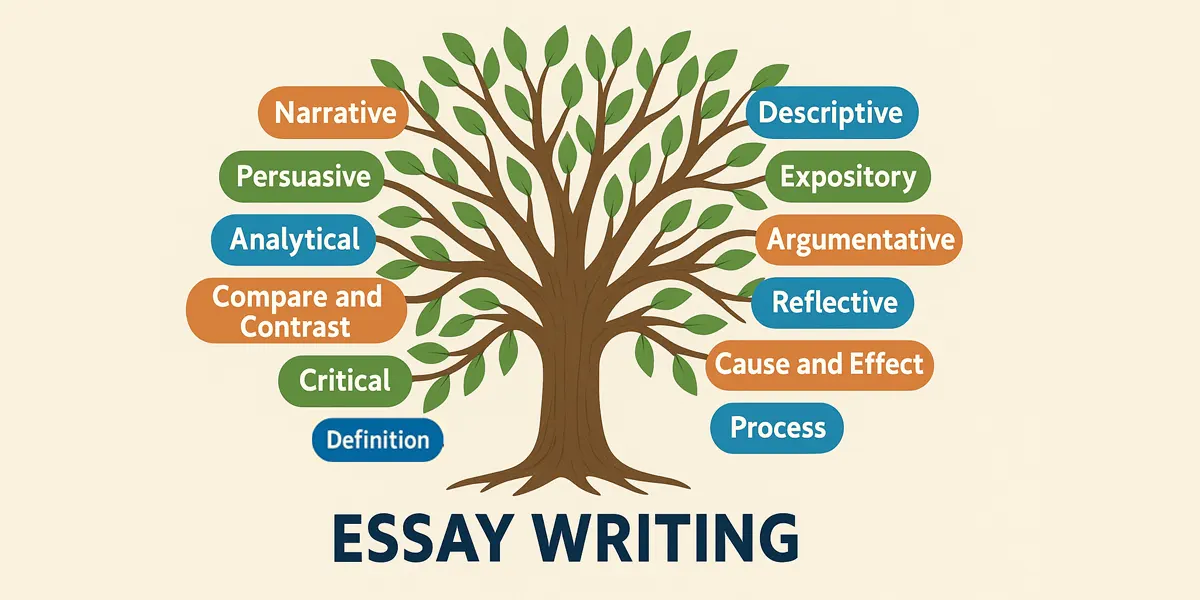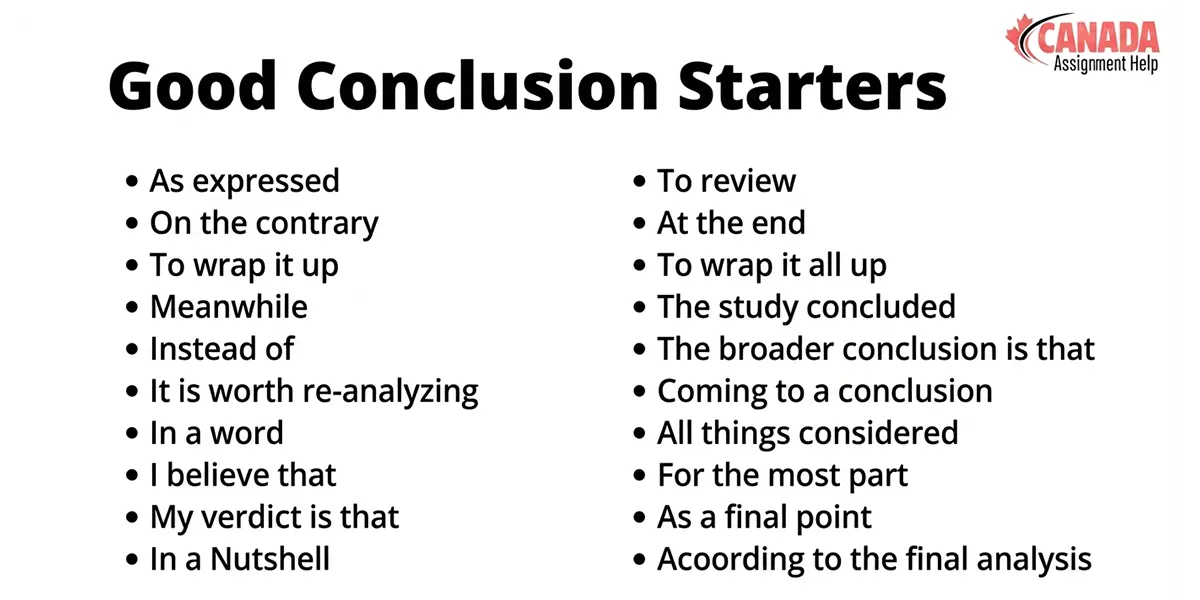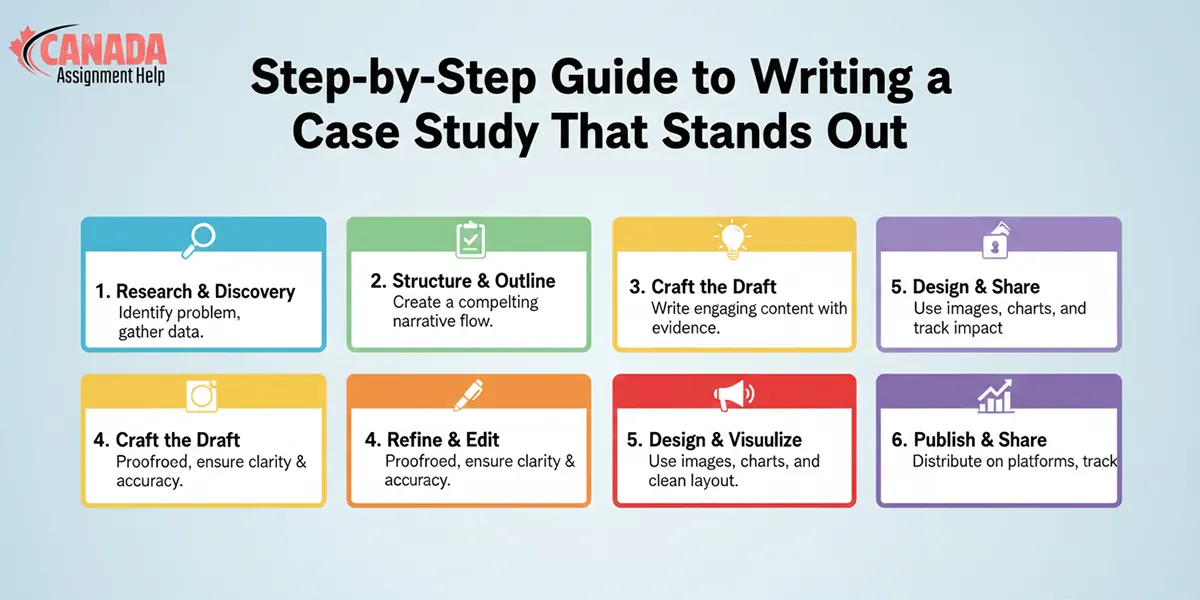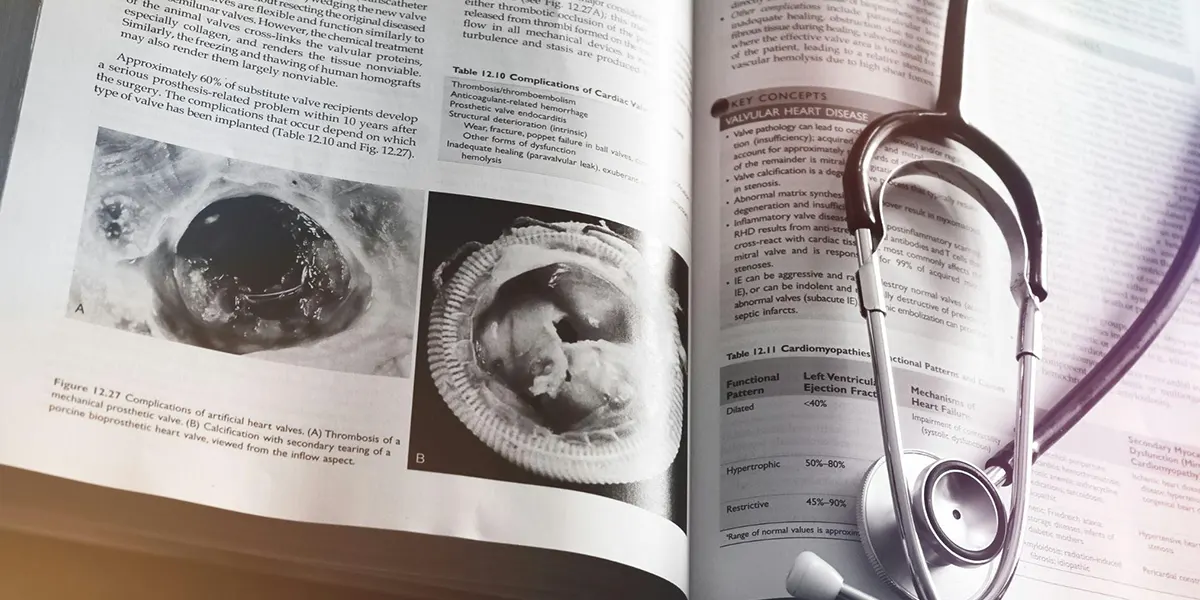In the world of academic writing, the essay is one of the most essential and versatile forms of expression. From elementary school to university and even into professional life, writing essays serves as a way to communicate ideas, argue points, explain phenomena, and reflect on experiences.
However, keep in mind, not all essays are created equal. Depending on the purpose and audience, essays take on various forms. From conventions to tone and structure, everything is different. And understanding them is essential if you want to master the art of solid essay writing.
Luckily, we have created this blog, which includes all the major types of essays you are likely to encounter, breaking down their purposes, characters, and examples. So, whether you are a student, teacher or expert looking to sharpen your writing, understanding these categories will help you write more effectively. So, buckle up and let’s get ready to dive into the blog.
What is Essay Writing?
Essay writing is presenting or writing information about a certain topic, informing the audience about it, or convincing them on a certain point, or on a particular subject. As you all know essay writing is the process of expressing your ideas, opinions or arguments on a specific tone in a structured, well-written tone. It is most commonly used in schools, colleges and universities. Furthermore, its purpose is to evaluate your understanding, critical thinking, and communication skills.
Essay writing comes in various forms. Moreover, each one of them has its own different purpose which we are going to find below.
What are the Different Types of Essay Writing?
To answer, while there are numerous types of essay writing, the 12 most common ones include:
- Narrative
- Descriptive
- Expository
- Persuasive
- Argumentative
- Analytical Essay
- Compare and contrast
- Reflective Essay
- Cause and Effect
Come on! Let’s dive deeper into each one of them and understand how to write such essays.
Narrative Essay
A narrative essay is one of the most common ones, which tells a story, often based on one’s personal experiences. Well, you can think of it as creative nonfiction. Furthermore, it combines storytelling techniques with reflective insights. Furthermore, the primary goal of a Narrative Essay is to engage the readers emotionally while conveying a solid and life-changing narrative. Additionally, it encompasses elements such as character development and plot.
Purpose
The main purpose of the narrative essay is to:
- Share a meaningful experience
- Furthermore, engage with your readers.
- Reflect on a lesson learned.
Unlike other types of essays, narrative essays aim to entertain and inspire readers, rather than inform or persuade them.
Key Features
The key features of the narrative essay are:
- It is written in the first person. (I and me)
- Furthermore, it has a beginning, middle and end like a story.
- Also, it describes people, places and events vividly.
- Includes a turning point, problem or challenge.
- Additionally, it ends with a lesson, a moral or a realization.
Example Topics
- The day you overcame a fear
- A lesson you learned from failure
- A memorable trip that changed your perspective
Quick Writing Tips for a Narrative Essay
If you are working on narrative essays, here is how you should work on them:
- Make sure to stick to one story
- Moreover, use dialogue and sensory details.
- Also, don’t just tell what happened, instead show them the details.
- Keep it original and not overly dramatic.
Disclaimer: Writing a narrative essay usually allows flexibility in structure, voice and tone. However, a successful narrative essay still requires coherence and a clear focus. Learn more about how to write a narrative essay.
Descriptive Essay
Here comes the second type of essay. Descriptive essays focus on painting a vivid picture of a persona, place, object, or event. Furthermore, it uses detailed sensory language it immerses the readers and create a strong mental image. These essays are written in such a way that it feels like a person is living that moment.
Purpose
The goal is to:
- Create a mental image in the reader’s mind.
- Furthermore, engage the senses (hear, listen, touch, and taste) through details.
- Also, make the subject come alive.
Key Features
The descriptive essays are:
- Based on sensory descriptors
- Furthermore, they use figurative language such as similes and metaphors.
- Also, they are written in the present or past tense
- Less structured than other essays
Example Topics
- A childhood home
- The atmosphere of a busy city
- A cherished family heirloom
- Grandma’s favorite recipe
Writing Tips for Descriptive Essays
To write a descriptive essay you should:
- Make sure to use all five senses.
- Additionally, be specific and avoid general statements
- Make the writing more poetic
- Whether it’s peaceful, creepy, or sad, maintain a consistent mood.
Although writing this essay might seem simple, it demands precision and out-of-the-box thinking. A good descriptive essay doesn’t just tell. Instead, the readers feel what the writers felt while writing.
Expository Essay
Next, the expository essays are all about information. The writer is tasked with explaining a topic in a logical and clear manner. Furthermore, the essay is often supported by evidence and structured reasoning. Well, if you are a student, then you definitely would have to work on this type of essay.
Purpose
For those wondering why you have to work on expository essays, they:
- Explain a concept or process.
- Furthermore, they break down the complex ideas and make them understandable.
- Also, they provide facts, figures, and examples.
- They are to inform and not persuade.
Key Features
The key features of the expository essays include:
- Third-person POV
- Moreover, they have a clear and concise thesis statement.
- A proper structure using introduction, main body paragraphs, and conclusion.
- Furthermore, it requires a neutral, non-biased, and objective tone.
Example Topics:
- How the internet has transformed communication
- What is the process of applying to college
- Difference between socialism and capitalism
Writing Tips for Expository Essays
To write expository essays flawlessly, you should:
- Avoid personal opinions and make sure to stick to the facts and figures.
- Moreover, conduct extensive research and use reliable sources.
- Also, plan and create an outline before you get words on paper.
- Lastly, edit and proofread for grammar mistakes.
Note: When it comes to writing the expository essay, clarity and organization are essential. Furthermore, you should avoid emotional language and focus on facts.
How to Write a Persuasive Essay?
Writing a persuasive essay is presenting logical arguments with an emotional touch to persuade the readers to believe a certain point. In this essay the writer usually asks a question to either favor it or write against it. Persuasive essays are relatively similar to argumentative essays. While in both essays the writer presents facts and data and argue to explain a certain point. But the main difference is that in an argumentative essay, the writer argues just on the basis of facts, while in a persuasive essay, the writer presents personal experience and adds emotions to make the reader believe a specific point.
Important Strategies to Write Persuasive Essay:
- Ask relative questions that will push the reader to think and answer in their head. You can use questions to plant ideas or let the readers think in a certain way. And then answer it to make them understand the point of the author.
- Use vocabulary intelligently, using strong language, jokes, quotes, informal language and even jokes can work perfectly fine.
- Creating an outline and making a persuasion map is what makes it easier for the writer to persuade the reader in a slow and steady manner.
- In your essay, talk directly to your reader and let them feel like you are having a conversation with them.
- Writing a clear thesis statement is another very important step in writing an effective persuasive essay.
How to Write an Argumentative Essay That Wins Debates?
Argumentative essays are written on a particular subject with a clear conclusion. The author tries to explain the point to the audience with the use of evidence and statistics. And it is the most common type of essay writing. There are multiple approaches to write an argumentative essay, like:
- Rogerian arguments
- Toulmin Arguments
Tips to write a Phenomenal Argumentative Essay:
- Do research, I mean a lot of research and gather evidence that is credible and supports your arguments.
- Gather evidence that disproves the other side.
- You should win a debate, but with proper ethics, and for that, you should add the facts and figures and should have an excellent grip over the subject to make the arguments stronger and better.
- Create an astonishing hook, and for that, add a mind-blowing twist, ask readers an interesting question that can shake their concepts or tell them a surprising secret.
- Summarizing the background information and writing a clear thesis in a perfect manner is where most writers lack. So, you should practice it and organize the information that you want to present.
Common Mistakes in Argumentative Essay Writing:
- A weak thesis statement is one of the main reasons why writers can’t make their essay an effective one.
- Another common mistake is insufficient evidence, Facts and stats gathering, which leads to a poor thesis statement and eventually poor quality writing.
- Ignoring or not giving proper focus on counterarguments is what makes your argumentative essay bogus and dull, because you are not countering the questions.
- Lack of clear communication and not engaging the reader with compelling writing.
- Using complex language to describe or define anything.
Flawless Essay Writing Help and Tremendous Solution at Cheap Rates
Get essay writing and ensure top grades with ease. Connect with our experts and get fast and reliable help right away.
Let’s Start!
Difference Between Argumentative and Persuasive Essay:
Argumentative and persuasive writing look similar, but the main difference is personal experience between them. In an argumentative essay, the author tries to convince the audience with stats, figures, and data on a specific point. And presents all the facts and figures that make their point of view correct. While in a persuasive essay, the author has to persuade the reader by presenting the logical arguments that can be facts, figures, stats or any type of data, along with emotions, personal preferences or personal stories.
In an argumentative essay, the writer has to convince the audience of a certain point using logical and well-reasoned arguments. The writer has to address the counterarguments and present solid evidence that presents it correctly. While in persuasive writing, the writer uses persuasive techniques and different strategies that convince the reader to accept or relate to a certain situation or point and to make them believe it.
By determining the audience and then selecting, and after doing comprehensive research about the topic, and learning enough, the writer gathers data and makes a clear plan on how to use the evidence in order to persuade or convince the reader. Although the motive of both types of essays is the same, which is to convince the reader to believe a certain point.
Analytical Essays: How to Analyze Texts and Structure Your Argument
Analytical essays are about examining the arguments or points in a very detailed and complicated manner. This type of essays are written mostly related for artistic material, like understanding the hidden meanings in an art from, understanding literature, music or film etc. Analytical essays are connected to expository essays and are a type of it. So, that means no biased opinions or persuasions are accepted in these essays.
How to Structure Your Argument?
- Firstly, you should create an attention-grabbing hook that can make the reader ask questions in their mind and drive them to read more.
- Secondly, add a bit of background history or previous information about the topic. Although it is not necessary, adding background information can play a significant role in helping the reader understand the topic better.
- Thirdly, in the body area of your essay, you have to present proof and formulate evidence. And you have to showcase different points in each of the paragraphs of the body related to your main topic.
- Finally, the conclusion is to wrap up everything and write the key points and summary of the entire essay.
Compare and Contrast Essay
Compare and contrast essay is basically comparing the similarities and differences between two things. These two things can be anything 2 books, 2 films, 2 products and then comparing all the similarities and differences between these two. The main purpose of this essay isn’t just understanding about 2 things. It’s about determining what you could miss if you just determine one and not the other.
Outline of a Compare and Contrast Essay:
- Understand the reason to compare both of the points.
- Choose your structure in which you want to compare and contrast.
- Organize your body paragraphs and write about the two things.
- Point-by-point comparison and contrast.
- Conclusion that sums up the whole essay
How to Write a Reflective Essay?
A reflective essay is about sharing your personal experiences and everything you learned. In this type of essay, the author has to present emotions, thoughts and experiences. It's based on writer’s self-analysis. And what changes did the author do after that experience.
To write a reflective essay you should follow these steps:
- Select a good valuable topic, and then do in-depth research
- Create an outline.
- Brainstorm and reflect
- Start with an engaging intro and an intriguing question, provide context, and then state your main idea. Then you can use a question and state a strong statement.
- Create body paragraphs and mention experiences, insights, and other lessons that you experienced and what you learned related to the topic.
- Add personal examples and details that will help the reader understand and connect with the topic.
- Conclude by summarizing what you learned or experienced about the topic.
Cause and Effect Essay Writing:
Cause and effect essay writing is an essay which examines a particular reason (cause) of a certain phenomenon or event and the result or outcome (effect) of the phenomenon. It analyses connections between events.
To write a cause and effect essay:
- Select a good topic (for that, you should choose a topic that increases your interest in a relationship between the reason or the effect because of it)
- Explore the links related to it, and do top-quality research. (Read multiple essays, news, articles or anything about it)
- Write a clear and engaging thesis statement (For this, you should have good writing skills)
- Structure everything in chronological order, as it will help make your essay clearer and more effective.
- Evaluate if there are any chain reactions.
- Determine the root causes for the reason or the phenomena which lead to a certain result. And also consider the possible alternative causes to understand it better.
- Lastly, you should conclude the impact of it and what everything related to the topic.
How to Choose the Right Type of Essay for Your Assignment?
Although the teacher mentions the type of essay that you have to write. But if the type isn’t there, the question or the description will help you understand it. If there is something mentioned related to narrating a story based on personal experience, then you have to write a narrative essay. But if the description mentioned in the question has elements like describing a picture, a scene with sensory details, then you have to write descriptive essays. Furthermore, if the question requires a logical explanation, then you can write in an expository essay. For persuasion, you can write a persuasive essay; for presenting arguments, stats, facts and figures, argumentative essays are the right choice.
Like that, if the topic wants complicated and in-depth research and understanding, then an analytical essay should be your choice. And if the essay requires the comparison of similarities and differences, then you should go for a comparison and contrast. Reflective essays are another type in which the author has to reflect on their personal experience and learning. Lastly, a cause and effect essay would be perfect for the question which requires the reason and the impact of a certain phenomenon or event.
Get Essay Writing Help from Canada’s MOST WELL-RATED Academic Agency
Make your essay in the finest quality with the assistance and help from highly experienced scholars. Affordable, Reliable and Incredible.
Let’s Start!
Common Essay Mistakes by Type (And How to Avoid Them)
Some of the most common mistakes that students do while writing an essay are:
- Not starting early is one of the biggest issues, and to avoid that, you should start early.
- Not managing time ideally is another big issue, and to avoid that, you should make a clear and organized plan while considering your daily routine.
- Doing less research is also one of the most common mistakes because students usually struggle with it due to their lack of trust and knowledge. To avoid this, seek assistance or help from an expert or senior.
- Poor writing skills are what impact the whole quality of the essay. And to avoid this, you should practice your writing.
- Most of the students mix multiple types of essays with one another, like persuasive or argumentative essay, narrative or reflective essay because of the same nature they have.










